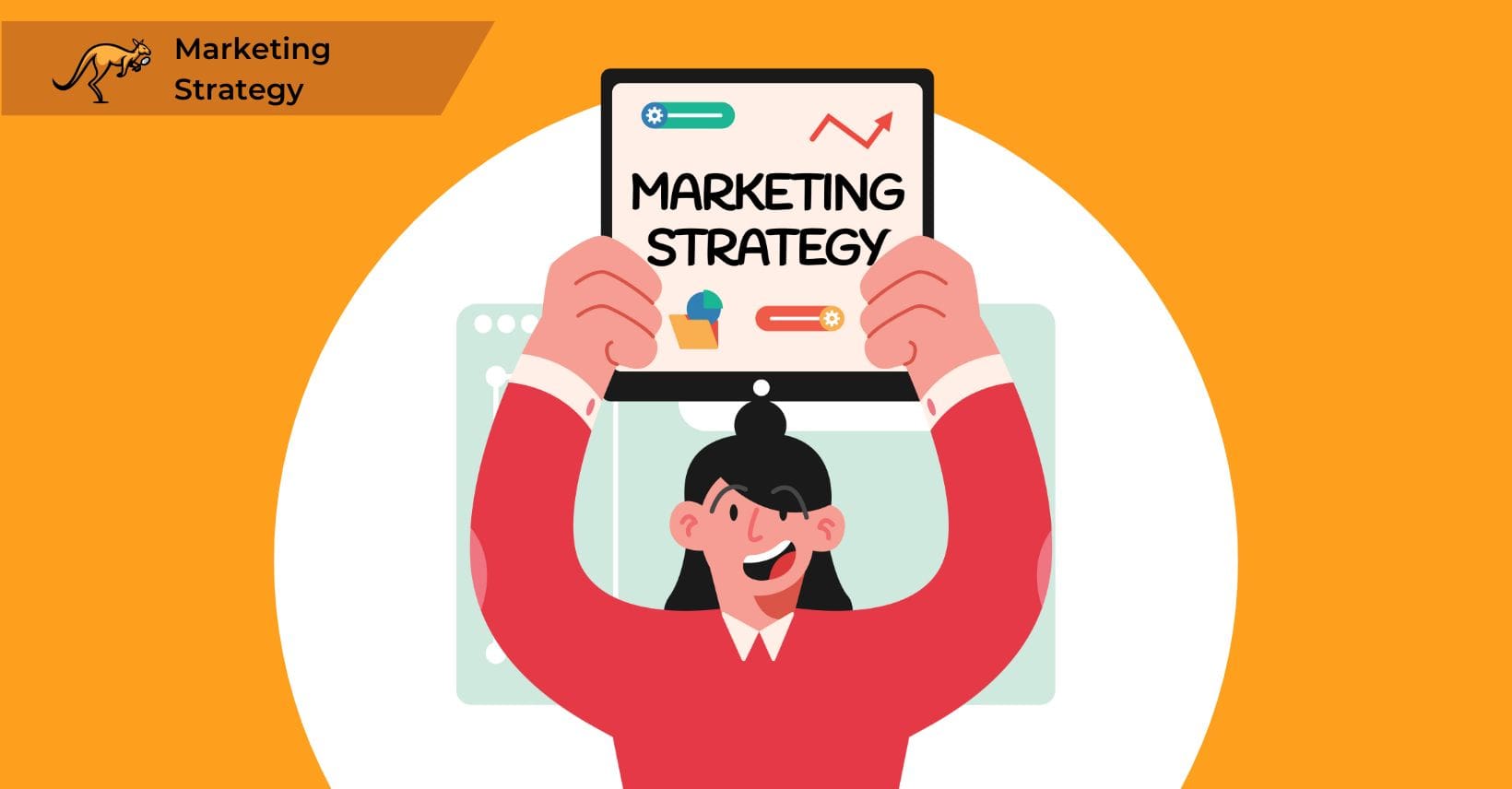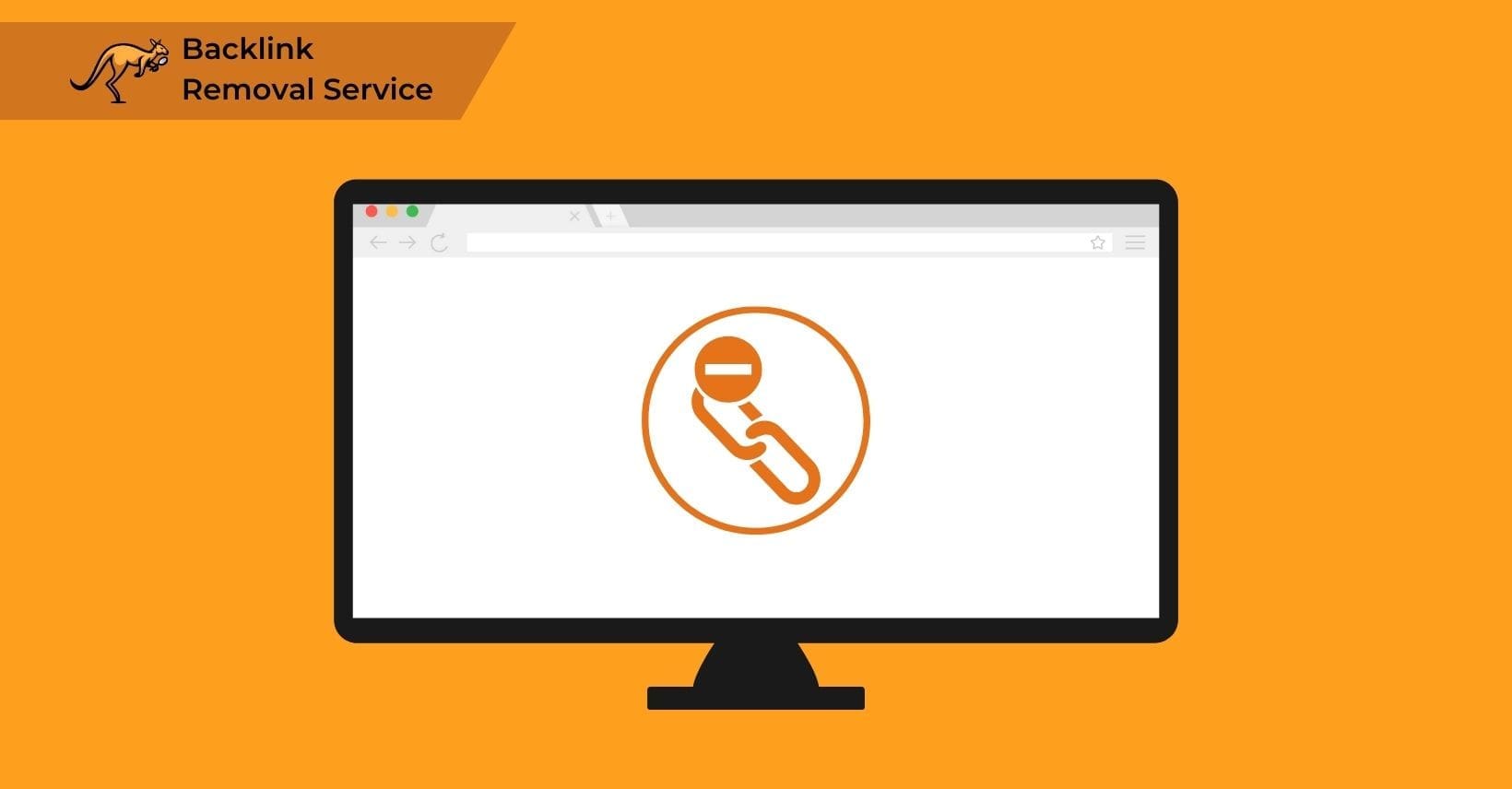The modern world has become increasingly tied to online business, and that has only made it more important to grow your business online rather than limiting yourself to physical customers only. However, that does not make the process of growing businesses any easier, especially for a smaller company.
A strong online business is made up of many different features that all come together in a single complete package, and that means that flexibility is important. Growing your business online is not as simple as following a set plan: adapting and reacting are key to your company’s survival.
But how do you grow your business online when there are so many things stacked against you?
Despite seeming daunting, growing your online business is manageable with the right resources. If applied correctly, a variety of free marketing tools and proven growth strategies can transform your business operations.
This effective utilization of resources guides us into the next discussion on Grow Business Online as a Brand, seamlessly linking these foundational features to building a successful brand identity online.
Grow Business Online as a Brand
It is important to consider your online business as more than just the business itself. A physical store might survive out of necessity – they are the only business in the local area that offers those services – but online platforms give customers a lot more choice.
Your brand particularly influences your success, shaping recognition of your online business and impacting everything from your social media interactions to your performance on search platforms.
This fundamental role of branding seamlessly leads into our next topic, ways to grow business online as a brand, where we explore strategies to effectively enhance and leverage your brand’s online presence.
Specifying a Niche
Understanding your niche is vital. If you own a business online, then that business has a exact niche (or set of niches) that you are targeting. The more exact this niche, the more exact the target market will become – but you are also more likely to draw that target audience in.
Knowing your own market and the competitors in it helps a lot. If you want to grow your business online, then being aware of your competition and the kind of audiences you are aiming for can be an important part of adapting to suit the demand for particular services.
Staying Unique
Not only does this help retain previous customers, but it also draws in new users. Small businesses can thrive if they find the right niche and brand themselves correctly – too much conformity just makes you an inferior option to the popular brands.
Online entrepreneurs use content marketing to build their brand identity by developing a consistent voice, visual style, and messaging framework that reflects their values and resonates with their target audience. Entrepreneurs who share their unique perspectives, origin stories, and business philosophies through blog posts, videos, and social media content create emotional connections with customers who then associate those distinctive qualities with their products or services.
Know Your Purpose and Goals
Your niche is important, but your goals are mandatory. You need to know where you plan to take your business once it starts to grow, giving you a baseline plan that you can adapt as circumstances change.
While this might seem like you are over-preparing, the online world is hard to predict.
Having a general idea of how your online business will develop and change can be important since it allows you to structure the slow transition from a small business into a mid-sized business.
Setting defined goals allows you to grow your business correctly in the short term, aiming for immediate improvements while still targeting long-term success as a whole. This can help you make small, but impactful changes to your business as it grows and gains more customers.
Your Target Audience
Your target audience will always be an important part of how your business operates. However, you need to understand them (and your entire target market and niche) if you want to succeed against the competition.
Take Notes
The more data you have about your customers, the more you can create your business to a target audience worth aiming for. Data-gathering is a vital part of online business success, and it is the main way to actively grow your business online.
Data can come in many forms, either as raw information or refined by other tools you have in your arsenal. Customer behavior and patterns, market trends, popular fads – even the most basic surface-level details can make a difference.
Understand Customers
While all of your customers are different people, your business will usually succeed by targeting a certain subset of potential customers who all want similar services or products. Understanding their needs and habits can help with this.
Small business owners may rely on things like customer likes and dislikes or dive into the details of how their visitors interact with their site.
Not all customers come from your intended target audience, either. It is possible to discover new niches by analyzing your customer data: for example, a smaller audience who are buying your products for DIY or hobby purposes or using them in an unintended way.
Build A Customer Strategy
Once you know how your visitors act, you need to use that information to guide them in the right direction. Your online business strategy should take advantage of any special qualities that your customers have, including their interests and preferences.
Good web design and carefully written content can nudge existing customers toward products that they might have overlooked. Your social media accounts can promote popular items to a wider audience. You need to encourage users toward products or services that they are likely to want.
Be Proactive
Constructing a full-scale consumer strategy can involve thousands of pieces of data and dozens of special tools, but a smaller business does not always need that.
What you do need is a good understanding of your visitors, as well as the knowledge required to take an active role in making them convert.
Passively waiting for users may suffice for established brands or those in special niches, yet actively targeting your audience is important for effective business growth. Whether through paid advertising or reorganizing your product offerings, engaging directly with your target market is essential.
This proactive approach to audience engagement seamlessly transitions into the next section, Your Content Marketing Strategy, where these principles are applied to optimize your online presence and drive further business growth.
Your Content Marketing Strategy

Content marketing strategies drive success for online entrepreneurs by casting your business in a positive light, building awareness, and spreading your brand while capturing organic traffic and engaging niche audiences. These strategies include consistent blogging, social media engagement, email campaigns, and search-optimized content that resonates with your target audience.
New businesses may need help producing compelling content that aligns with their niche and brand identity. Below is the outline of effective content strategies to maximize impact and refine your marketing approach.
Blogs
Blogs serve as powerful growth engines for online entrepreneurs who publish high-quality, niche-relevant content that attracts targeted visitors and establishes authority within their industry. Regular blog posts addressing customer pain points, showcasing product applications, or providing industry insights convert casual readers into loyal customers while improving search visibility.
This could be product reviews, top 10 lists, weekly updates from an employee that is using your products for their own purposes – anything that relates to your niche.
From there, you can make sure that every single blog post promotes either your business or a popular product that you sell.
A site that sells sports equipment may get more traffic through a blog post about ’10 strange cats pictures’, but it will not get many customers.
Instead, use something like a football player’s personal posts or weekly reviews of a particular piece of sporting gear that you sell.
Social Media Platforms
Online entrepreneurs should leverage social media platforms by creating platform-specific content that showcases their expertise, engages followers with consistent posting schedules, and drives traffic back to their websites. Social media channels allow entrepreneurs to build communities around their brands while viral posts potentially generate hundreds or thousands of interactions that expand reach beyond existing audiences.
Consistency and substance are everything. You want to put a consistent stream of content on your social platforms while also actually offering something – even if it is just little joke tweets regarding your business’ products or comments on recent events related to your niche.
Social media networks can connect you to countless potential customers, but capturing those customers takes effort.
It takes time to develop a social media voice, but the moment you start gaining traction, it is easy to lean into your success and get your follower count snowballing.
Email Marketing
A lot of people assume that email marketing is a dead method of promotion, but that is entirely untrue. Email marketing campaigns are still a core part of all digital marketing efforts, and for a good reason.
Email marketing plays a critical role in an online entrepreneur’s content strategy by nurturing leads through personalized messages that speak directly to subscriber interests, behaviors, and purchase history. Entrepreneurs who segment their email lists and deliver targeted content achieve higher conversion rates than those sending generic promotional messages, making email marketing one of the highest ROI channels for digital businesses.
This might mean creating different batches of emails: one for users who have already made a purchase, one for visitors with items in their basket, one for visitors subscribed to your blog, and so on.
The more advanced your tools are, the more you can cutomize your email marketing campaigns to promote the right products to the right people.
Search Engine Optimization
SEO must be incorporated into content marketing for online businesses through keyword research that identifies what potential customers are searching for, which entrepreneurs then weave naturally into their website content, blog posts, and product descriptions. Online businesses that optimize their content with relevant keywords, build quality backlinks, and maintain mobile-friendly websites gain visibility in search results, driving organic traffic that converts at higher rates than many paid channels.
If you use SEO correctly, then you can massively increase your presence in search engine results – meaning more traffic, more paying visitors, more brand recognition, and a higher tier of success for your online business.
SEO is all regarding appearing in the right places within search engine results. Platforms like Google rank different sites based on relevancy, quality, site speed, keyword usage, and a whole host of other factors that a new business will want to take advantage of.
Content Marketing (Again)
Content marketing is not just around drawing people in. High-quality content, along with carefully placed links, can result in massive boosts to your site’s traffic and your presence on search engines. This tends to drive far more success than just making blog content for its own sake.
If you pay other sites to host (or write) your high-quality content, then link back to your website, the results are instantly noticeable. If you want to grow your business online, you need to approach other blogs and sites to build up those links.
Of course, quality matters here too. Bad-quality work is going to harm your business more than it helps, so you want to tackle each piece of content carefully.
Best practices for content consistency and quality include establishing editorial calendars that schedule regular publication, creating style guides that maintain brand voice across all channels, and implementing quality control processes that ensure accuracy and relevance. Online businesses that maintain high standards for their content production build trust with their audience while positioning themselves as authoritative sources within their industry, leading to increased customer confidence and higher conversion rates.
Web Design Tweaks
Your current web design has an impact on how your website appears in search engines.
Inefficient, slow, or customer-unfriendly sites will often be penalized, and many businesses do not realize this until it is too late.
A website is crawled by “spider” bots to get it listed on search engine platforms, and those bots can tell a lot regarding your website. Slow loading times, irrelevant content placed in random locations, and a whole host of other mistakes can all impact your core web vitals.
There are various online tools and methods to help you refine your web design. A successful website is a website that boasts good web design and functionality, both on desktop and mobile devices.
Target Keywords
Finding the right keywords for your SEO work can be an important part of promoting any online website.
Many businesses fit into exact niches that rely on their own special set of keywords – keywords that are constantly changing as the markets around them adjust.
A great example comes from the clothing industry. While clothing is such a widespread kind of product online, it can usually be boiled down into particular styles and niches, with some businesses only offering particular kinds of clothing.
If your business only sells women’s clothing, then you want to avoid keywords like “men’s jeans.” This might sound obvious, but a lot of website marketing newcomers forget that these keywords dictate where – and how often – your site will appear for relevant internet searches.
Paid Advertising
While paid ads can be a major monetary investment, good PPC (pay-per-click) advertising can provide some excellent marketing options.
The number of potential prospects you can gather through paid marketing can easily overshadow many other options. It is not as simple as spending money to get traffic, though.
You need structured digital marketing ad campaigns that can wrangle the right kind of traffic, direct them to your products, and ensure a high rate of conversion once they are actually on your site.
Ad Management
Tools like Google Adwords are necessary for any kind of paid ad work. While your core web vitals, social media channels, and SEO techniques are still important, you can’t advertise directly without an ad platform.
Paying to target ads right at your target market and/or existing customer base is the main point behind PPC advertising. While there are plenty of free tools to set the ads up, you are still paying for the ads themselves – so managing the individual bids and the content behind each ad becomes your main focus.
Keyword Usage
As with SEO, keywords are important. Paid digital marketing involves using keywords to point your ads at the right places, making sure that they appear in as many relevant searches as possible while minimizing irrelevant results.
This is one of the digital skills that takes the most time to develop, but a small business can thrive with even basic PPC work. Even a basic paid plan can be a good way to get your brand spread to other markets or to overtake other entrepreneurs in your same niche.
Combined Marketing Tactics
Content marketing should be integrated with other digital marketing strategies through coordinated campaigns where blog content supports email sequences, social media posts amplify website content, and SEO efforts enhance the visibility of all content assets. Online entrepreneurs who create cohesive marketing ecosystems where each channel reinforces the others maximize their reach while maintaining consistent messaging that strengthens brand recognition across all customer touchpoints.
A good business owner knows how to combine all forms of marketing well while still sticking to their budget. Email marketing can provide the direct content marketing opportunities that PPC does not, and side blogs can gather up organic traffic while you focus your budget on paid ads.
Each brand has its own followers, and every website has its own target audience. Your particular website audience will be special, even compared to your competitors, and that means that you need a strategy that works for your website.
Online entrepreneurs measure content marketing success through analytics tools that track key performance indicators such as website traffic, conversion rates, engagement metrics, and revenue attribution. Successful entrepreneurs establish baseline measurements before implementing new content strategies, then regularly analyze performance data to identify which content types generate the most customer actions, allowing them to refine their approach and allocate resources to high-performing channels.
Targeting Customers
Targeting the right users is tricky but entirely doable for any business.
Using tricks like Social Proof is a great example – Social Proof focuses on customers copying the actions of others and following their recommendations, which you can achieve through reviews or positive promotional content.
Guest posts filled with text links, user-friendly product pages, special service offerings, mobile-responsive sites designed to scale with a mobile device screen, live chat systems with easy functionality so that your salespeople can answer questions – all of this can have an impact.
You just need to decide what you can actually afford to focus on. And the best way to achieve that is to look at your users.
Your audience may respond well to some things and poorly to others or have a clear bias that makes certain marketing techniques far more effective when dealing with them.
You need to understand your target audiences, and to do that, you need data. Turning to any useful free tool you can find – or even the free version of a paid tool – can help. The more information you know about your website and the way your visitors use it, the better.
Adapting
Finally, it would help if you thought regarding how your business will adapt. No website stays the same forever, and the same goes for every market or niche you might cover. It would be best if you were ready to change almost anything regarding your marketing as soon as it becomes relevant.
Whether this is building a mobile variant of your site, choosing better WordPress themes, or adjusting entire business models, it is important to keep your website – and your business – flexible.
Naturally, this does not mean reworking your entire mobile-friendly website just because one person in a Facebook group said that your mobile-friendly features did not work for them. Adapting is more about looking at your overall success and the future projections of how your business will grow.
Perhaps you will break into a new niche that will be far more profitable, or you will stock a new product that will drive more traffic to your site. Maybe a fad you were relying on will end, or you will discover a fault in your business that forces you to discontinue an online service.
It is hard for a business to “shrink” once it has grown unless it makes notable negative changes to its business operations. Keeping yourself on top of changing trends and markets is a way to maintain your position while staying stagnant is an easy way to fall behind your competitors.
Even something small, like your business page on a social media platform, might be worth changing regularly. Shaking up the way you approach the algorithm can be a way to experiment with new techniques, and you always have the option of going back to what you were using before.
Growing Your Online Business
Everything in this list is a technique that countless businesses use to grow their reach and brand awareness, as well as gather more paying clients and interested visitors.
However, the options that you choose are entirely up to you. No two businesses are identical, and your business strategy needs to be your own.
Copying another company’s strategy not only puts you in direct competition with them but risks you making mistakes that they did not make.
Building up your brand from scratch can be tough, but it does not take long for a marketing strategy to take shape. You just need to be patient, gather as much data as possible, and set yourself reasonable goals that you can achieve in the short term.
If you rush in and try to claim a piece of the market for yourself, you will fail – you need to move slowly, carefully, and react to the way that your business interacts with the market it is trying to target. Careful planning means far fewer chances to make a mistake that you can’t recover from.
Proactive planning simplifies the process of scaling your business. To sustain growth, it’s important to remain adaptable, flexible, and ready to implement rapid shifts in marketing strategies as needed. These principles of business agility not only ensure your ongoing expansion but also prepare you for strategic enhancements.
This readiness to evolve leads directly into our next discussion, grow your business online with Searcharoo, where we explore how customized guidance can further accelerate your growth and adaptability in the digital marketplace.
Grow Your Business Online with Searcharoo

Navigating the intricate world of digital marketing, Searcharoo stands as your essential resource for bolstering your online presence. Our detailed guides and specialized knowledge provide the necessary tools to carve out your niche, prepare a distinctive brand identity, and establish reachable business objectives.
From content marketing and SEO to pinpointed advertising and flexible web designs, Searcharoo fosters your path to enduring growth and heightened brand visibility. These principles, vital for thriving in a shifting online marketplace, lead seamlessly into our next discussion, Summary of Key Strategies for Online Business Mastery, where we consolidate these methods to optimize your digital strategy.
Summary of Key Strategies for Online Business Mastery
Growing a business online involves defining a niche, building a special brand, and setting clear goals. Effective strategies include content marketing through blogs and social media, SEO optimization, and targeted paid advertising. Collecting data on the target audience is crucial for marketing strategies. The combination of adaptable web design and dynamic marketing tactics ensures the business stays competitive and responsive to market changes, promoting sustainable growth and increased brand recognition.
Useful Guides
Please see some useful guides related to generating more business leads.
[a-z category=”Guides” design=”cards” columns=”4″]





